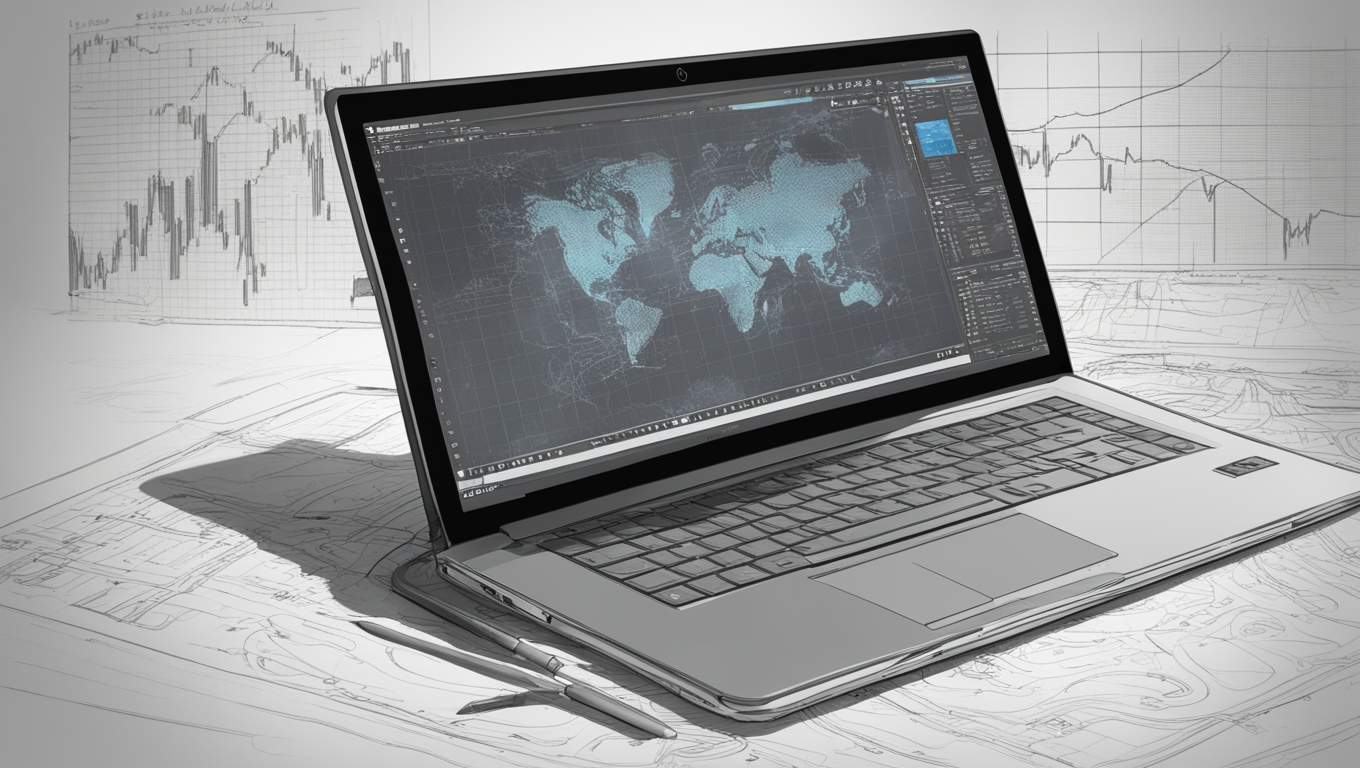Intel, one of the world’s leading semiconductor companies, has forecasted fourth-quarter revenue that beats Wall Street estimates. The company is optimistic about a healthy rebound in the personal computer market, which is expected to grow during the highly anticipated holiday season. Intel is preparing to launch new chips that will handle artificial intelligence on laptops, a development that has sparked confidence in the market.
Chief Executive Pat Gelsinger revealed that Intel has secured three customers for its chip contract manufacturing business and expects to close a deal with a fourth customer before the end of the year. This news has caused Intel’s shares to rise by as much as 8% after the closing bell.
Intel has faced various challenges, including stiff competition in its data center business from Nvidia. However, the decline in global PC shipments has narrowed, and the company’s outlook for the PC market is positive. Analysts at research firm Canalys predict that the PC market will return to growth, further bolstering Intel’s expectations.
The company has also experienced a post-pandemic slump in PC sales and manufacturing contracts. However, with the introduction of new chips, Intel is on track for a recovery. Gelsinger’s turnaround plans have required heavy manufacturing investments, which have impacted the company’s gross margin. Nevertheless, Intel’s adjusted gross margin for the third quarter surpassed expectations.
Gelsinger mentioned that Intel now has a fourth customer for its advanced manufacturing process called “18A,” which it plans to offer through its Intel Foundry Services business. He did not disclose the number of chips Intel will manufacture for those companies but stated that the first customer has pre-paid and is a significant one.
With multiple customers lined up, Intel is positioning itself as “a credible leading-edge foundry supplier to the top fabless companies,” according to analyst Kinngai Chan.
In the third quarter, Intel reported adjusted profits of 41 cents per share, beating the estimated 22 cents. However, revenue fell 8% to $14.2 billion. The client segment, which covers Intel’s PC business, experienced a 3% decline in revenue, while the data center business saw a 10% drop.
Taiwan Semiconductor Manufacturing, the world’s largest contract chipmaker, also indicated that end-user demand for PCs and smartphones is stabilizing, further supporting Intel’s positive outlook.
Overall, Intel’s forecasted revenue and the growing demand for PCs indicate a brighter future for the company. With new chips and multiple customers lined up, Intel is poised to regain its position as a leading player in the semiconductor industry. As Gelsinger’s turnaround plans continue to unfold, the company’s prospects are showing promising signs of growth.





Use the share button below if you liked it.